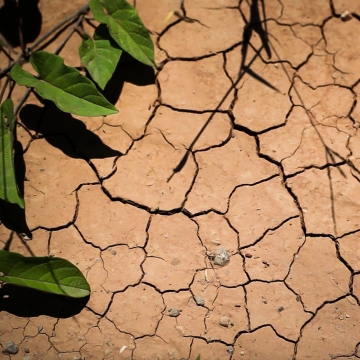Maize (Zea mays L.) management in Yaxcaba, Yucatan, during the twentyfirst century’s first decade is consistent with an overall loss of landrace diversity in southeast Mexico
The status of genetic resource conservation in centers of crop diversity remains disputed. Recent case-study findings of persistent maize diversity in Yaxcaba, Yucatan, a municipality in southeast Mexico, have raised questions on earlier reports of widespread losses across the crop’s center of diversity in Mexico. We break down patterns in maize varietal richness in southeast Mexico to show that temporal trends in Yaxcaba are subsumed under spatial variation in this broader region and consistent with an overall loss of diversity.
